AGERPRES special correspondent Nicoleta Gherasi reports: Through projects such as Neptun Deep or Caragele, Romania can contribute to reducing or cutting Europe's reliance on Russian gas, Energy Minister Sebastian Burduja said on Tuesday, as he attended the Eurelectric Power Summit 2025 in Brussels.
"We 100 percent support the ban on Russian gas (from 2027 - Ed. note) and I believe that Romania can also contribute to reducing or cutting European dependence on Russian gas through Neptun Deep, through its onshore program, through what is happening at Caragele, where there has been some recent progress. It is not a very large amount, it doesn't fully replace the amount of Russian gas, but still... There's the American LNG, we are working on the vertical corridor - you have seen that the Bulgarians have also started to move into action, to initiate works," Burduja said, mentioning also the bundled route capacity product for natural gas transmission offered by operator Transgaz, stressing that the vertical corridor can be operationalized and the gas be stored in the large storage capacity in Ukraine. "So, things are moving and I don't think that Europe will experience a gas shortage," explained Minister Burduja.
On the other hand, he stressed that he had urged the Romgaz management to think about starting contracting Neptun Deep gas, but mentioned that part of this gas could also be used at the Azomures chemical plant and processed into chemical fertilizers with added value.
Regarding Azomures, the minister mentioned that bids have been submitted for specialized consultancy to assess the plant's assets.
"This type of installation, once halted or put in conservation, requires hundreds of millions of euros to restart it. This is what I have conveyed to the Europeans every time: Romania has reduced greenhouse gases by 77%, we have put a good part of our industry on hold, but think about what the cost of restarting it means and now, well, maybe we will no longer depend on Russian gas, but perhaps we will come to depend instead on imported fertilizers from, I don't know, Egypt or other areas, which are also made with Russian gas. So, what have we solved with this?," Sebastian Burduja cautioned.

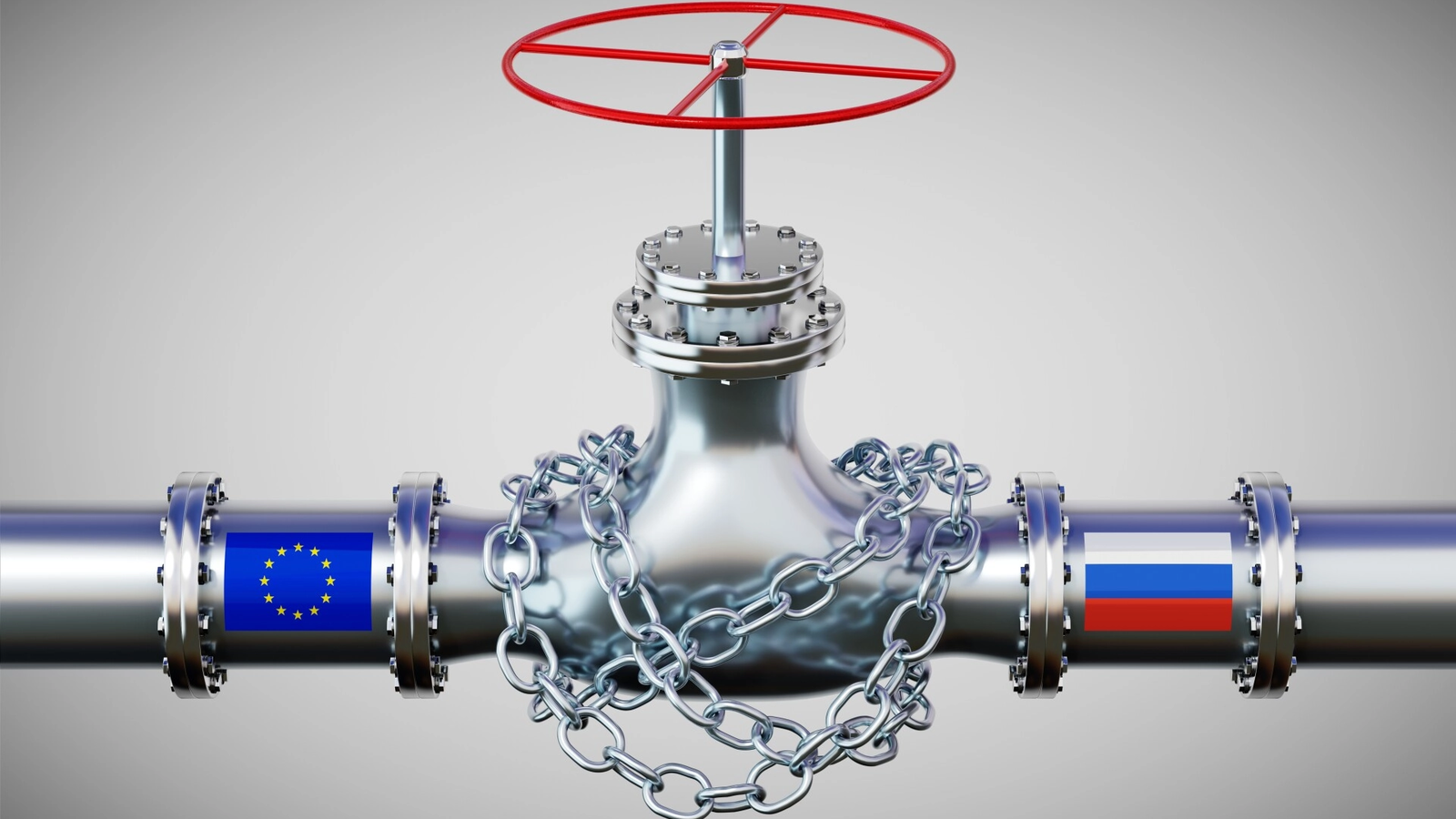

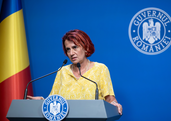
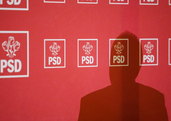

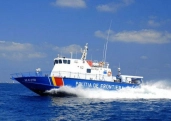

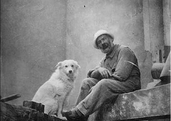
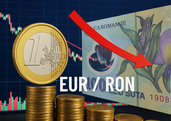
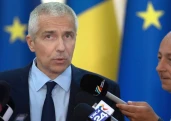

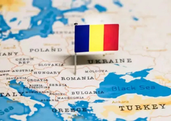

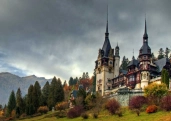


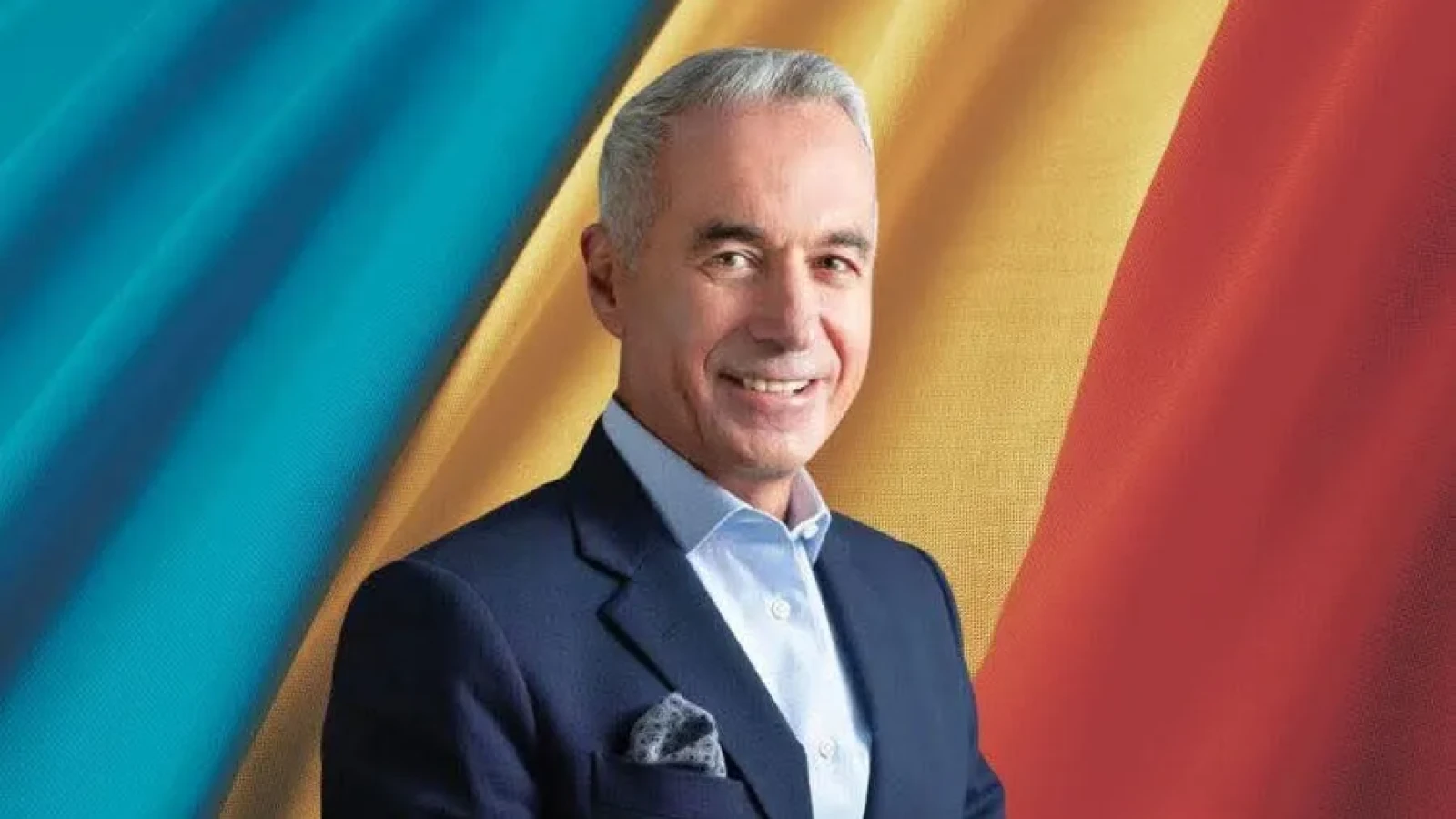


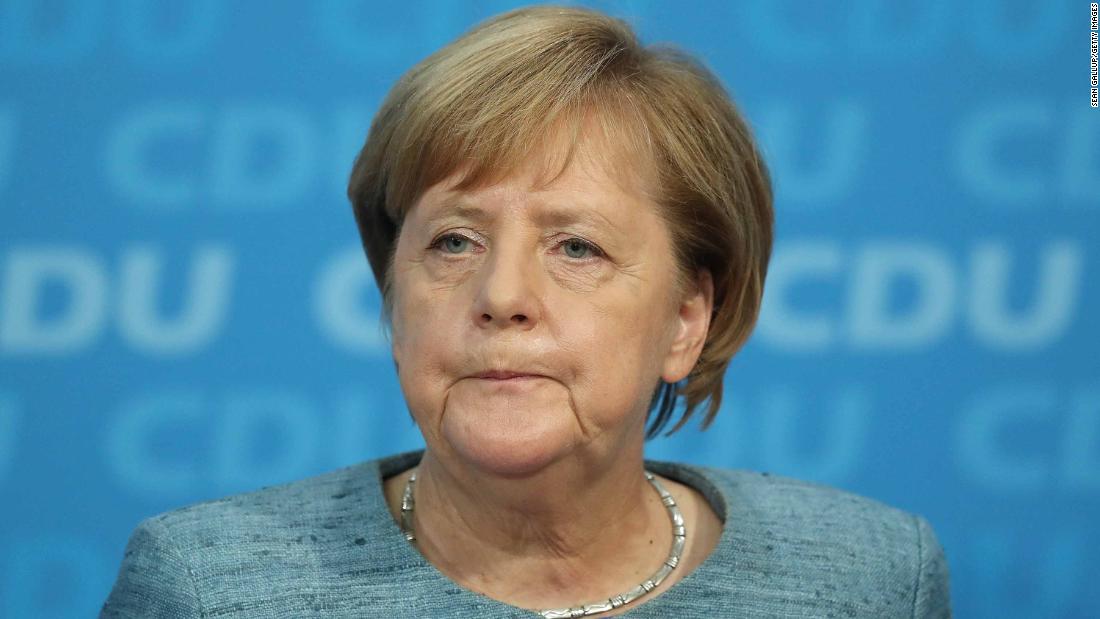
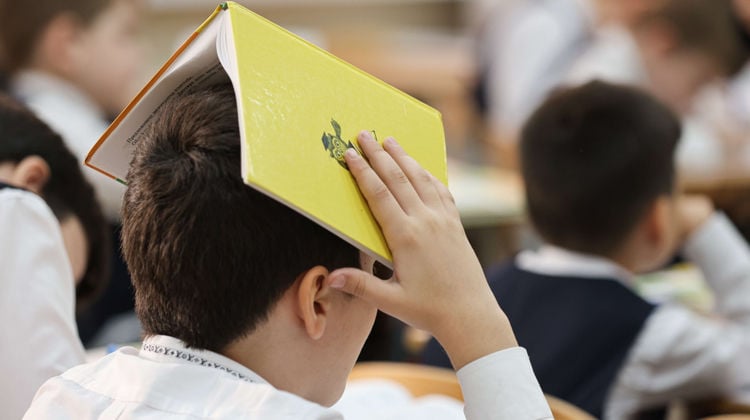
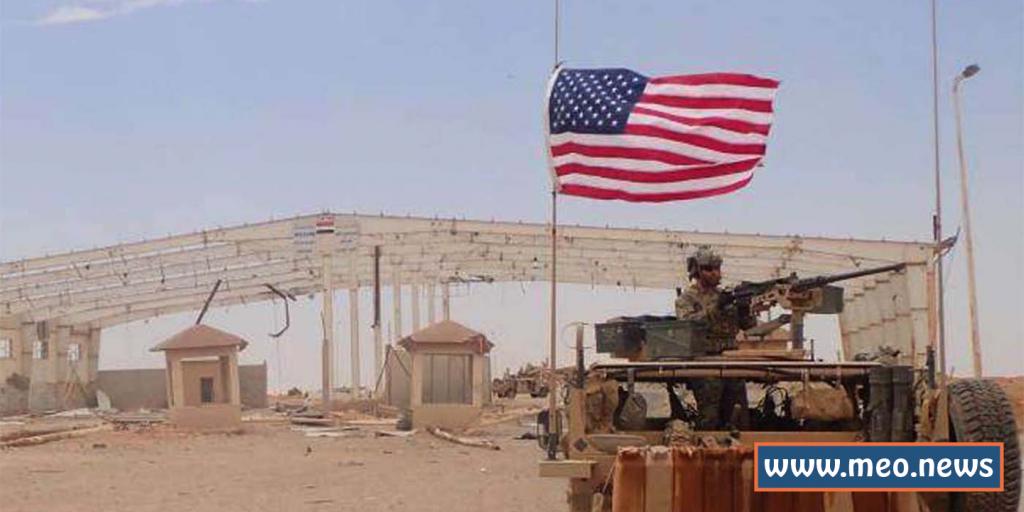









Comentează